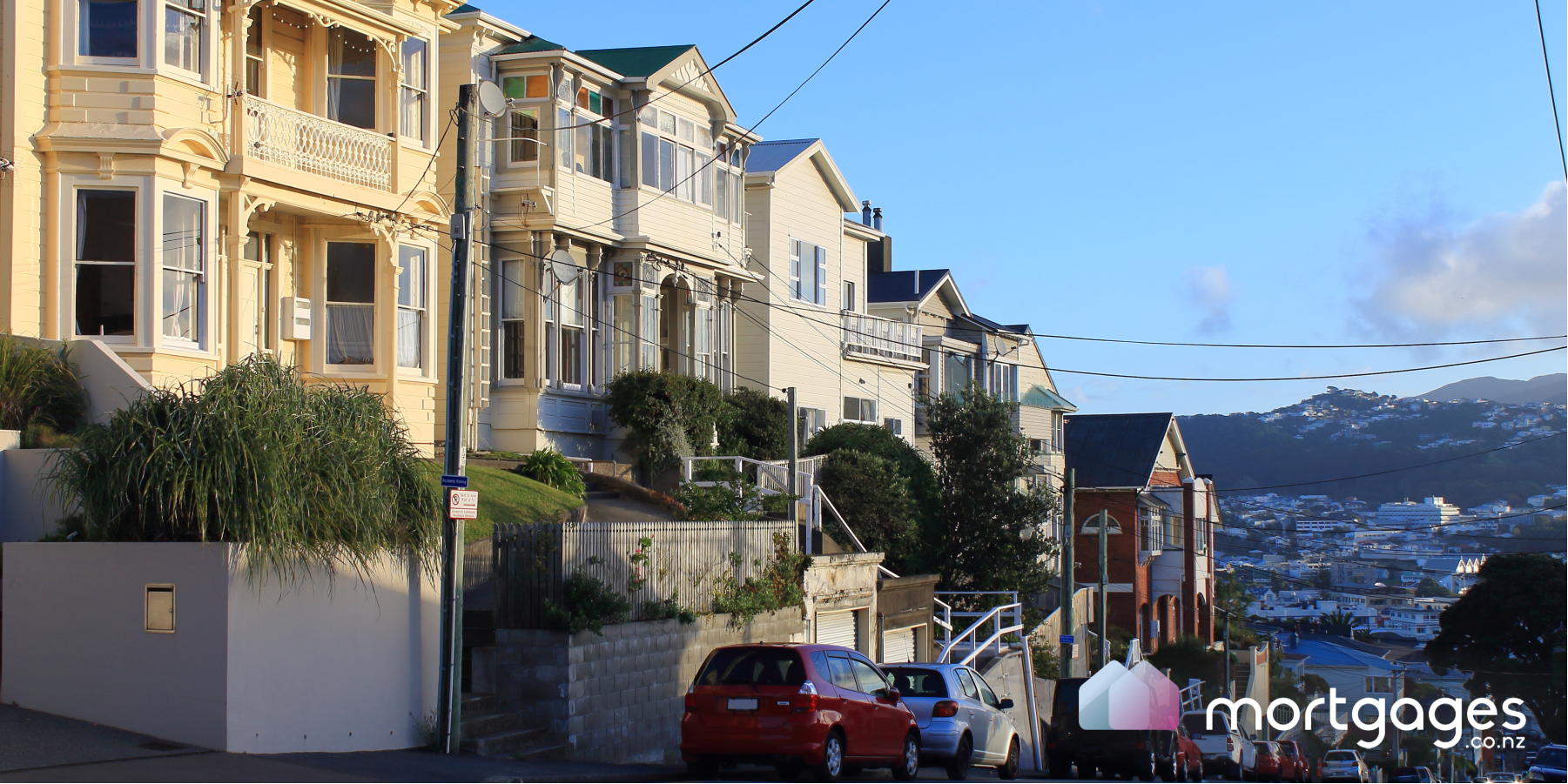Most people think about breaking their fixed rate mortgage when interest rates are falling and they see lower rates than the one they’re on. But even if fixed interest rates are climbing, you may be worried about how high the rates will be when your current fixed interest rate ends. And that could have you thinking about switching to a longer term now, before rates get too much higher.
To help you get your ducks in a row before you contact your lender or mortgage advisor, here’s a quick overview of how it all works.
How to break a fixed mortgage
Breaking out of a fixed interest rate before its term ends means asking your lender if you can break the contract you signed to pay the fixed rate for the entire period. In New Zealand, you’re allowed to do this. However, the lender will need to re-lend that money. If market rates have fallen since you signed the contract, they’re going to lose money on the deal.
To avoid losing money they will charge you a break fee, sometimes called an ‘early repayment charge’ (ERC) or ‘early repayment adjustment’ (ERA). They’re only allowed to charge you what they would actually lose, no more.
If interest rates have gone up and they could re-lend the money for the remaining period at a higher rate, you probably won’t have to pay a break fee. However, they’re not going to pay you for any extra they make.
How do lenders calculate mortgage break fees?
You might think a break fee would simply be the difference in interest you pay to the lender over the rest of the initial interest rate period. But there’s more to it than that. The calculation can also involve the wholesale rate at which the lender borrowed the money to lend to you, and what that rate is now for the remaining period. Each lender may calculate break fees in a different way, so long as it produces a fair representation of their actual loss.
With interest rates able to change at any time, a lender can only calculate your actual break fee on the day you make your early repayment. Before that, the best they can do is to calculate an estimate based on current rates. The closer you are to your early repayment date, the closer the estimate is likely to be to the eventual fee.
To get an estimated break fee, simply contact your lender or ask a mortgage advisor to contact them on your behalf.
How to know if it’s worth paying a mortgage break fee
When deciding whether you’d save money by breaking a fixed interest rate mortgage, the main things you need to know are:
- How much is the break fee likely to be?
- Do you have enough money to pay it?
- How much are you likely to save by breaking your fixed rate mortgage?
Example: Deciding whether to break when interest rates are falling
Let’s say you currently have a fixed interest rate of 4% p.a. and that rate has another year to run. You still owe $400,000 and have another 15 years before your mortgage will be paid back.
Your lender estimates that if you break today the fee will be about $3,000. It’s not affected by what you choose to do next with your mortgage.
We’ll imagine you want to switch to an interest rate of 3% p.a. fixed for two years.
The question is, how much interest will you save over the first year, which is how much longer you would have been fixed on your current rate of 4%? In this example, that turns out to be $4,412, so breaking now would save you $4,412 minus the $3,000 break fee, which equals about $1,400.
Example: Deciding whether to break when interest rates are rising
If interest rates are rising, you’re unlikely to have to pay a break fee. However, you’re choosing to pay more interest for at least the remainder of your current fixed rate term. This could make sense if you’re concerned about interest rates continuing to rise over the next few years, to levels you could no longer afford. You may be happy to pay the initial extra interest in return for the long-term peace of mind it provides.
If interest rates continue to rise quite steeply, you may even pay less interest over the five years than you would have by continuing with a series of short-term fixed mortgages at ever-increasing rates. But there’s no way to be sure, because no-one knows exactly what interest rates will do. So it’s mainly about paying more, at least initially, for greater certainty and less stress.
A good example of this was when the five-year fixed rate was about 3% in early 2021. Some commentators were urging borrowers to consider locking this rate in if they weren’t planning to repay their mortgage or switch to another lender in the next five years. But with one-year rates at 1.99% at the time, the 3% five-year rate seemed too expensive to many borrowers. We can now use the benefit of hindsight to see how things compared about nine months later.
A $400,000 interest-only mortgage fixed for five years at 3%, the available rate in early 2021, would have an annual interest cost of $12,000 or $1,000 a month. By November 2021 the five-year fixed rate had increased to around 5%. At this rate the annual interest charge is $20,000 or $1,666 a month. People preferring long-term certainty may now regret not fixing for five years at 3%, even if that meant breaking a lower fixed rate mortgage at the time.
Can you add the break fee to your mortgage?
You may be able to do this, but if you do it’s important to repay the extra amount as quickly as possible, because you’ll be paying interest on it until you do.
Are there lawyer fees when you break a fixed mortgage?
If you’re staying with the same lender there’s no change to your property’s title, so it’s unlikely a lawyer would have to be involved. However if you’re feeling unsure about anything, legal advice might be a good idea.




